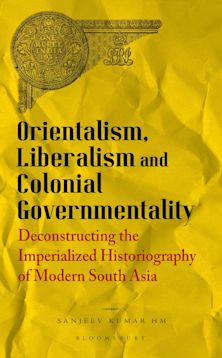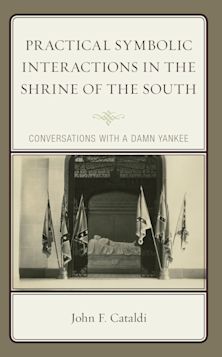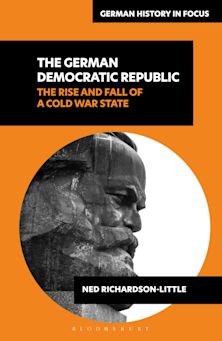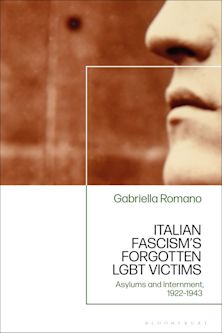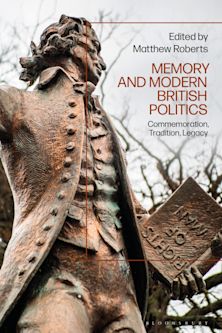Aristocratic Souls in Democratic Times
Aristocratic Souls in Democratic Times
This product is usually dispatched within 1 week
- Delivery and returns info
-
Free CA delivery on orders $40 or over
Description
Great statesmen and gentlemen, men of honor and rank, seem to be phenomena of a bygone Aristocratic era. Aristocracies, which emphasize rank, and value difference, quality, beauty, rootedness, continuity, stand in direct contrast to democracies, which value equality, autonomy, novelty, standardization, quantity, utility and mobility. Is there any place for aristocratic values and virtues in the modern democratic social and political order? This volume consists of essays by political theorists, historians, and literary theorists that explore this question in the works of aristocratic thinkers, both ancient and modern. The volume includes analyses of aristocratic virtues, interpretations of aristocratic assemblies and constitutions, both historic and contemporary, as well as critiques of liberal virtues and institutions. Essays on Tacitus, Hobbes, Burke, Tocqueville, Nietzsche, as well as some lesser known figures, such as Henri de Boulainvilliers, John Randolph of Roanoke, Louis de Bonald, Konstantin Leontiev, Jose Ortega y Gasset, Richard Weaver, and the Eighth Duke of Northumberland, explore ways of preserving and adapting the salutary aspects of the aristocratic ethos to the needs of modern liberal societies.
Table of Contents
Part I: Continental Visions of Aristocracy
Chapter 1: Selfless Surrender: Tacitus on the Aristocracy of the Roman Principate, by Andrew Fear
Chapter 2: Furnishing War on Noble Credit: French Nobles, Commerce, and the Political Economy of Crédit, by Brian Sandberg
Chapter 3: Enlightened Reactionary: Henri de Boulainvilliers and the Eighteenth-Century French Nobility, by Jay Smith
Chapter 4: “L’amour est le principe de pouvoir”: Postmodern Society and Louis de Bonald, by Jerry Salyer
Chapter 5: Aristocracy and the Καλλ?πολις: Konstantin Leontiev and the Politics of “Flourishing Complexity”, by Ethan Alexander-Davey
Chapter 6: Nietzsche on Aristocracy and the Meaning of Life, by Jeffrey Church
Chapter 7: Noble Man and Self-Reflection in Ortega y Gasset’s The Revolt of the Masses, by Pedro Blas Gonzales
Part II: British Visions of Aristocracy
Chapter 8: Thomas Hobbes on the Aristocracy of Passion, by Geoffrey M. Vaughan
Chapter 9: Edmund Burke’s Peerage, by Ian Crowe
Chapter 10: Traditionalist Seer: The Aristocratic Philosophy of the Eighth Duke of Northumberland (18801930), by Jonathan M. Wales
Part III: Aristocracy in America
Chapter 11: ‘I am an Aristocrat; I Love Liberty, I Hate Equality:’ John Randolph of Roanoke and the Defense of the Aristocracy of Virginia”, by John F. Devanny, Jr.
Chapter 12: “Looking Down Tocqueville’s Nose: On the Problem of Aristocratic Etiquette in Democratic Times”, by Richard Avramenko and Noah Stengl
Chapter 13: Richard M: Weaver on Chivalry and Aristocracy in the American South: Aristocratic Souls in Democratic Times, by John J. Langdale
Product details
| Published | May 07 2018 |
|---|---|
| Format | Hardback |
| Edition | 1st |
| Extent | 350 |
| ISBN | 9781498553261 |
| Imprint | Lexington Books |
| Illustrations | 2 b/w photos; |
| Dimensions | 232 x 164 mm |
| Series | Political Theory for Today |
| Publisher | Bloomsbury Publishing |
Reviews

ONLINE RESOURCES
Bloomsbury Collections
This book is available on Bloomsbury Collections where your library has access.

















